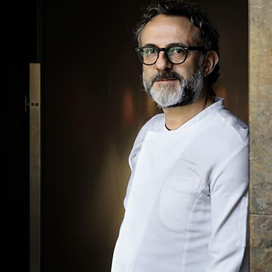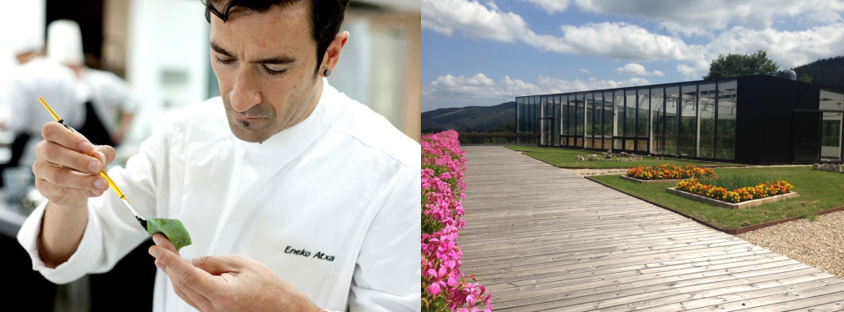As diners, we typically don’t have access to an understanding of how restaurant food is sourced or how leftover waste is disposed of. All we usually see is our food leaving the kitchen as it is brought to our table. Because of this, more often than not, chef and restaurant reviews focus solely on the dining experience. But if the process of growing and transporting food requires a much longer timeframe and bears a much larger environmental impact, shouldn’t we be focusing on that as well?
July 25th marks Culinarians Day, and we are celebrating it by drawing attention to some of our favorite sustainable chefs. Here are three sustainable chefs who not only leave our mouths watering but also are eco-friendly and socially conscious in their day-to-day operations.
- Gabriela Cámara is a Mexican chef and restaurant owner. She is mainly responsible for introducing sustainable seafood to commercial restaurants in Mexico City, but she has also done extensive work in San Francisco. She uses local, seasonal ingredients and has hired the formerly incarcerated to work in her fine dining establishments. In 2019, she was appointed to the Mexican government’s Council of Cultural Diplomacy. Want to learn more? Take her Masterclass on Mexican cooking.

- Massimo Bottura demonstrates that you can have the best of both worlds when it comes to sustainability and taste. Bottura holds three Michelin stars and a previous #1 on the “World’s 50 Best Restaurants” list for his restaurant Osteria Francescana, located in Modena, Italy. But he is also deeply committed to redirecting food waste and combating world hunger. An artist in his own right, Bottura believes that grimy or plain Jane soup kitchens should be a thing of the past and that the hungry should instead be served in morale-boosting cultural hubs (which he calls “refettorios”). Food for Soul is his non-profit and a great starting place to find out more.

- Eneko Atxa owns Azurmendi***, near Bilbao, Spain, and is another chef with three Michelin stars. Azurmendi*** was built with sustainability in mind, down to every architectural detail. The building’s design favors glass to take advantage of natural sunlight, reducing the need for electricity. It has a robust ventilation system that limits the need for air conditioning. A rainwater collection system even supplies water to the garden, greenhouses, and toilets. It is no wonder that Azurmendi*** was rated the most sustainable restaurant in the world by The World’s 50 Best Restaurants list.

These three chefs showcase a diversity of initiatives that can inspire others looking to become more sustainable. We see eco-friendliness in the sourcing of food, such as in Cámara’s seafood, and not only in the distribution of food, as in Bottura’s refettorios, and also in the design of buildings in which food is eaten, as in Atxa’s Azurmendi***.
Culinarians worldwide can additionally commit to a food secure and ecologically sound future by composting, utilizing “imperfect” produce that would otherwise be wasted, offering more plant-based menu options, using eco-friendly takeout boxes and bags, and teaching their communities about why the integrity of our foodways is relevant to a greener future. Happy Culinarians Day, and let’s support more sustainable chefs in this world!
 Food
Food Farmers
Farmers Sustainable Living
Sustainable Living Living Planet
Living Planet News
News